January 5, 2015
|
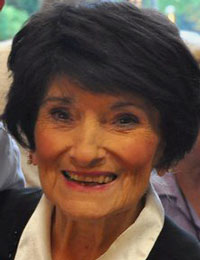 Virginia Kopp, wife of former bishop Clarence A. Kopp, Jr., passed away Friday, January 2, 2015. She is the mother of Dan Kopp, pastor of NorthPointe UB church (Lewis Center, Ohio), and of three other children–Debra, Denise, and Dale. Bishop Kopp passed away in 2007. She has been living in Columbus, Ohio.
Virginia Kopp, wife of former bishop Clarence A. Kopp, Jr., passed away Friday, January 2, 2015. She is the mother of Dan Kopp, pastor of NorthPointe UB church (Lewis Center, Ohio), and of three other children–Debra, Denise, and Dale. Bishop Kopp passed away in 2007. She has been living in Columbus, Ohio.
Viewing time: 6-8 pm Friday evening, January 9; and 10 am to noon on Saturday, January 10.
Funeral time: 12:00 noon on Saturday, January 10, 2015.
Both the viewing and funeral will be held at:
O.R. Woodyard Funeral Home & Chapel (South Chapel)
1346 South High Street
Columbus, 43207.
A meal will follow at approximately 1:30 at the nearby Living Word United Brethren Church, 145 Obetz Road, Columbus, Ohio. Clarence and Ginny were pastoring this church (then called Redeemer UB) when he was elected bishop in 1981.
Notes can be sent to Rev. Dan Kopp at this address:
Dan Kopp
7509 Storrington Place
Lewis Center, OH 43035
Email: [email protected]
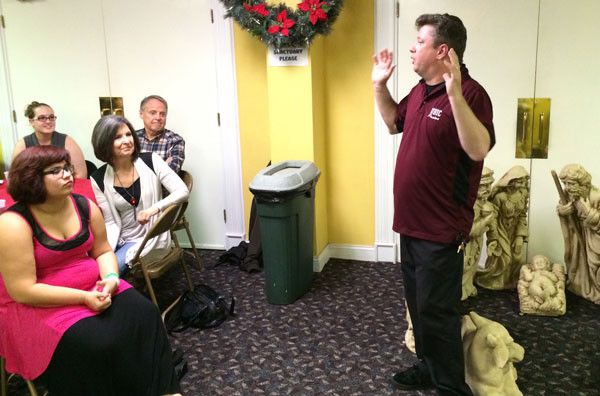
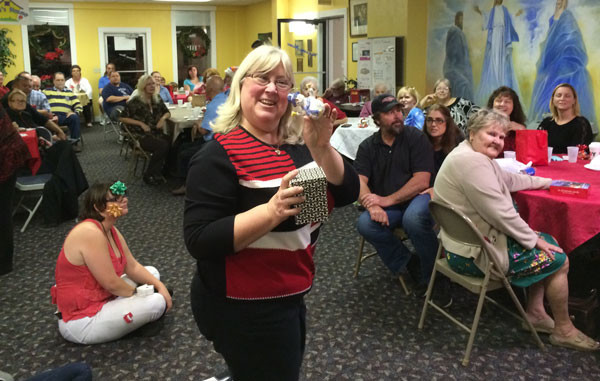

 Rev. Carus Campbell, 91, passed away January 3, 2015, at a medical center in Clarksburg, W. Va. He served in the European theater during World War 2, and went on to become a pastor, serving churches in West Virginia and Pennsylvania.
Rev. Carus Campbell, 91, passed away January 3, 2015, at a medical center in Clarksburg, W. Va. He served in the European theater during World War 2, and went on to become a pastor, serving churches in West Virginia and Pennsylvania. Virginia Kopp, wife of former bishop Clarence A. Kopp, Jr., passed away Friday, January 2, 2015. She is the mother of Dan Kopp, pastor of NorthPointe UB church (Lewis Center, Ohio), and of three other children–Debra, Denise, and Dale. Bishop Kopp passed away in 2007. She has been living in Columbus, Ohio.
Virginia Kopp, wife of former bishop Clarence A. Kopp, Jr., passed away Friday, January 2, 2015. She is the mother of Dan Kopp, pastor of NorthPointe UB church (Lewis Center, Ohio), and of three other children–Debra, Denise, and Dale. Bishop Kopp passed away in 2007. She has been living in Columbus, Ohio. Justin Marva, conference administrator for Sierra Leone Conference (Jan. 3, 2015)
Justin Marva, conference administrator for Sierra Leone Conference (Jan. 3, 2015)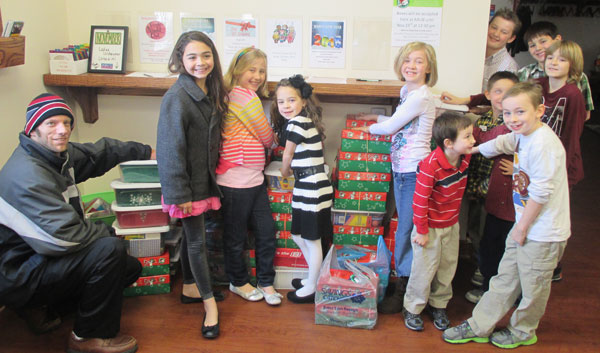
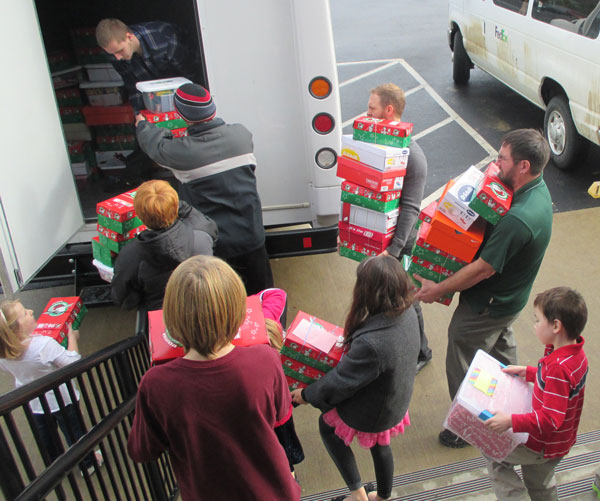

 I am very grateful to the Lord for what he has been doing through you and your team for Sierra Leone since the Ebola crisis began. To be very honest with you, sometimes I become very shy and find it difficult to continuously make appeals for Sierra Leone. But I am also compelled because things are becoming more difficult by the day. We are suffering as a nation from isolation, quarantine, stigma, threats, hunger, etc., all because of this dreadful disease. Some of our members have lost their jobs because their institutions have closed down.
I am very grateful to the Lord for what he has been doing through you and your team for Sierra Leone since the Ebola crisis began. To be very honest with you, sometimes I become very shy and find it difficult to continuously make appeals for Sierra Leone. But I am also compelled because things are becoming more difficult by the day. We are suffering as a nation from isolation, quarantine, stigma, threats, hunger, etc., all because of this dreadful disease. Some of our members have lost their jobs because their institutions have closed down.